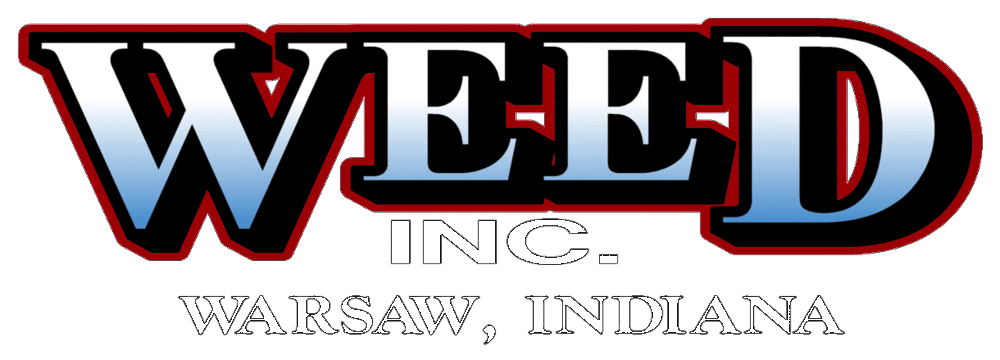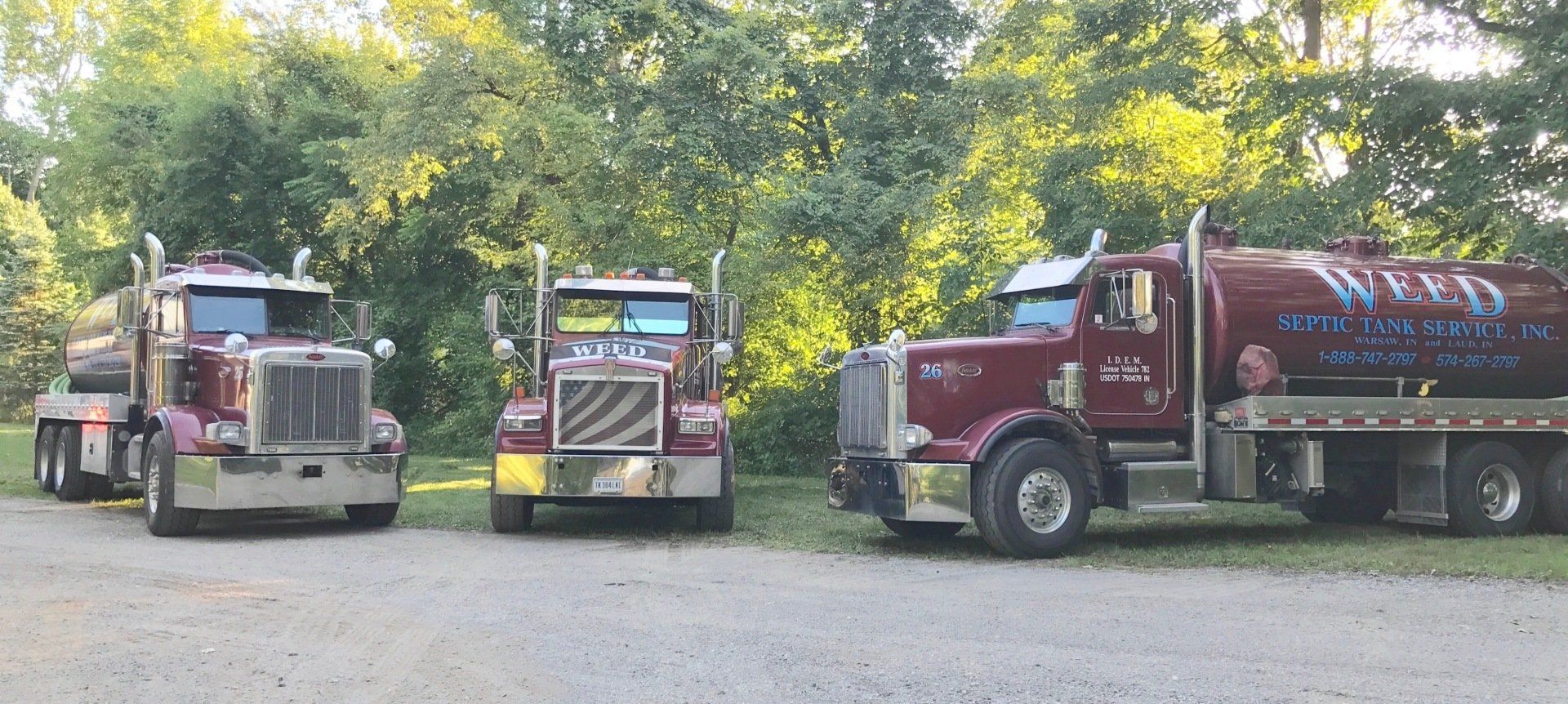Maintenance Tips
Get the most out of your septic system
List of Services
-
Your Septic System: How it WorksItem Link
A typical system consists of two major components: the septic tank and the absorption field. The primary purpose of the septic tank is to separate the solids from the liquid and to promote particle breakdown of sewage by microorganisms naturally present in wastewater. The solids, known as sludge, collect at the bottom of the tank, while the scum floats on top of the liquid. The scum and sludge remain in the tank, while the liquid is released into the absorption field. The scum and sludge must be pumped out regularly; if not, the solids will pass from the tank to the absorption field, which will eventually lead to septic failure.
-
Your Best Defense: MaintenanceItem Link
Your septic system may be the most overlooked utility in your home. However, with proper care and maintenance, your septic system can work efficiently for 25 to 30 years. Failing septic systems are very costly to repair or replace; the minimal amount of preventative maintenance that systems require costs very little compared to the cost of a new system. Septic system maintenance is often compared to automobile maintenance, as only a little cost and effort on a regular basis can save a lot of money, and also significantly prolong the life of your system.
-
Tips to Avoid TroubleItem Link
- DO have your tank pumped every 1-3 years by a licensed septic contractor.
- DON'T allow anyone to drive or park over any part of the system. The area over the absorption field should be left undisturbed with only a mowed grass covering.
- DO practice water conservation. Limit laundry to 1-2 loads per day, instead of several loads in one day.
- DON'T poison your septic system and the groundwater by pouring harmful chemicals down the drain. Use bleach, disinfectants, and toilet bowl cleaners sparingly, as they can kill the beneficial bacteria that naturally treat your wastewater.
- DON'T flush diapers, cotton swabs, condoms, cigarette butts, cat litter, coffee grounds, food scraps, feminine hygiene products, paper towels, or other kitchen and bathroom items, as these can clog and potentially damage septic system components.
- Your Septic System: How it Works
A typical system consists of two major components: the septic tank and the absorption field. The primary purpose of the septic tank is to separate the solids from the liquid and to promote particle breakdown of sewage by microorganisms naturally present in wastewater. The solids, known as sludge, collect at the bottom of the tank, while the scum floats on top of the liquid. The scum and sludge remain in the tank, while the liquid is released into the absorption field. The scum and sludge must be pumped out regularly; if not, the solids will pass from the tank to the absorption field, which will eventually lead to septic failure.
- Your Best Defense: Maintenance
Your septic system may be the most overlooked utility in your home. However, with proper care and mainenance, your septic system can work efficiently for 25 to 30 years. Failing septic systems are very costly to repair or replace; the minimal amount of preventative maintenance that systems require costs very little compared to the cost of a new system. Septic system mainenance is often compared to automobile maintenance, as only a little cost and effort on a regular basis can save a lot of money, and also significantly prolong the life of your system.
- Tips to Avoid Trouble
- DO have your tank pumped every 1-3 years by a licensed septic contractor.
- DON'T allow anyone to drive or park over any part of the system. The area over the absorption field should be left undisturbed with only a mowed grass covering.
- DO practice water conservation. Limit laundry to 1-2 loads per day, instead of several loads in one day.
- DON'T poison your septic system and the groundwater by pouring harmful chemicals down the drain. Use bleach, disinfectants, and toilet bowl cleaners sparingly, as they can kill the beneficial bacteria that naturally treat your wastewater.
- DON'T flush diapers, cotton swabs, condoms, cigarette butts, cat litter, coffee grounds, food scraps, feminine hygiene products, paper towels, or other kitchen and bathroom items, as these can clog and potentially damage septic system components.










All Rights Reserved | Weed, Incorporated



